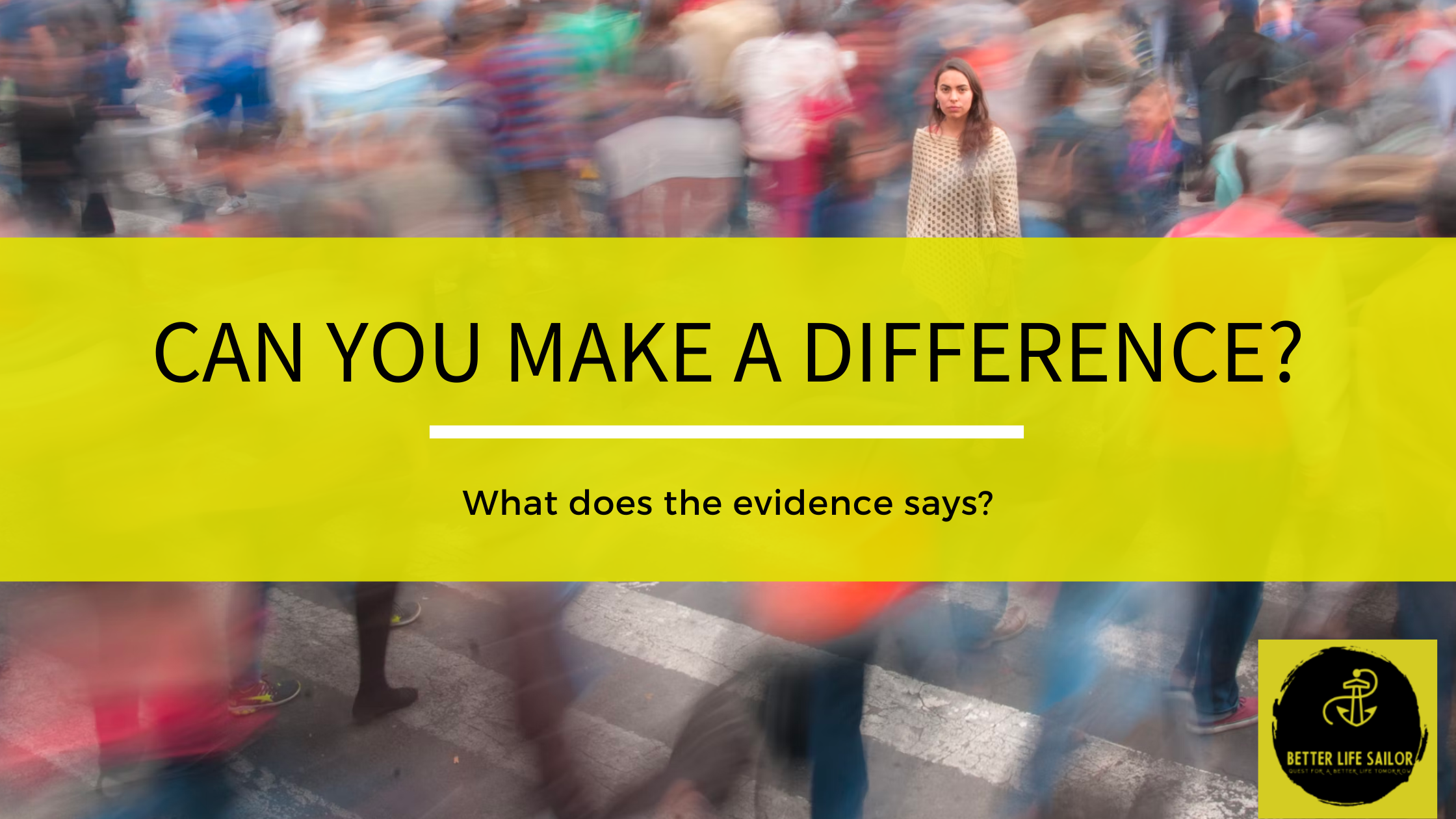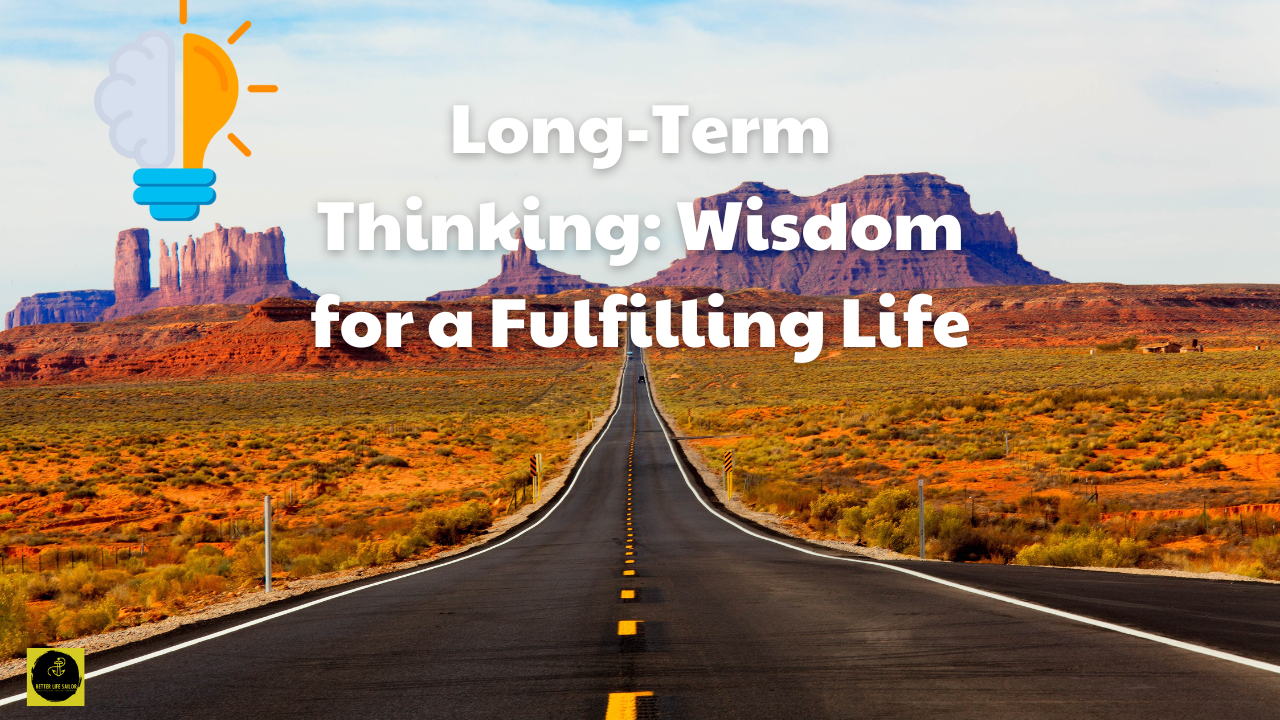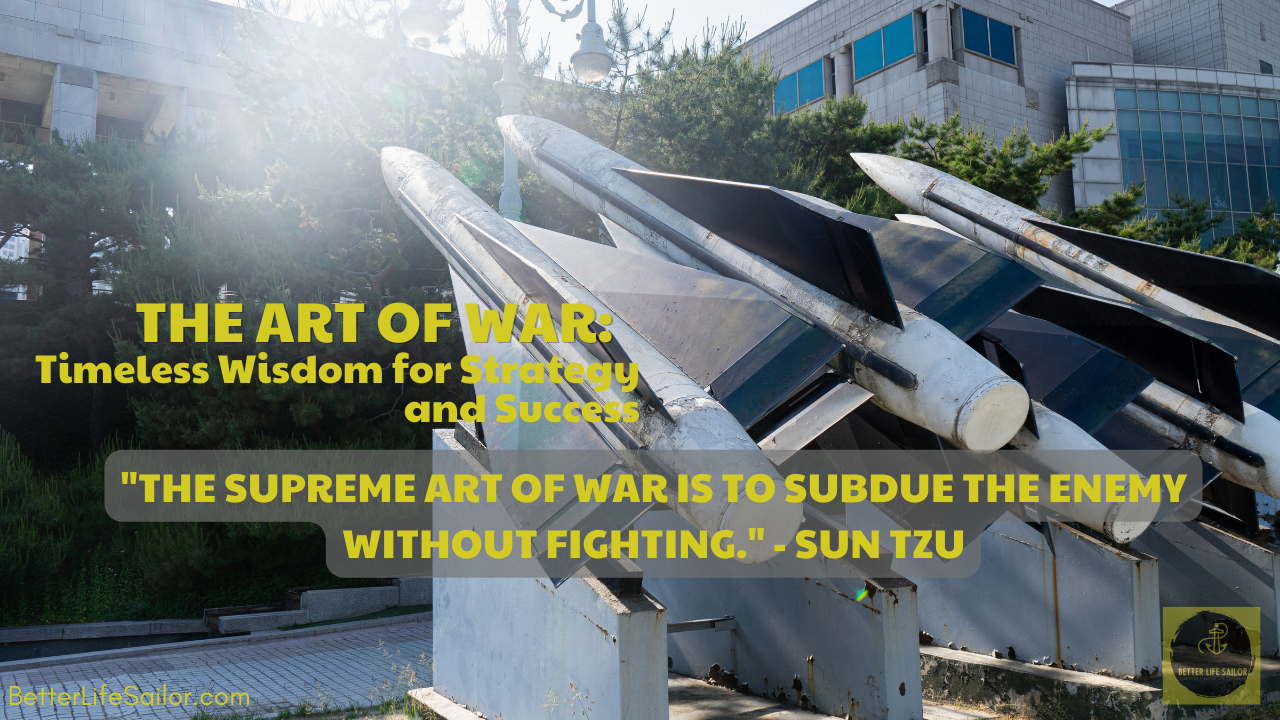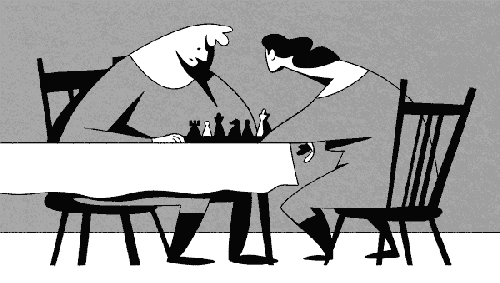In What makes for a dream job? Article, It’s evidently shows that getting good at something that helps others is the key to a fulfilling career, but what an you really do to help others?
Sometimes it feels like individuals can’t do much, and that charity is ineffective. And that’s often true.
A popular way to fundraise in the UK is sponsored skydive. Every year, thousands of people gather donations for a good cause and then throw themselves out of the planes. This sounds lika a win-win scenario: tha fundraiser get an exhilarating once in a life time eperiene, and at the same time raise money for a good cause. Waht could be the harm in that?
A study of two popular parachuting centers found that over five years approx. 1500 people went skydiving for charity. Collectively then raise more thatn $120,000 which seems pretty impressive. But the whole venture was badly misguided.
Cost of diving came out of the sponsered donations of the $120,000 raised, only $45,000 ultimately went to the charities.
The sky divers were mostly fist time jumpers. The results? They had 163 injuries, and the average hospitals stay was nine days. The cost of these injuries was around $610,000.
But this doesn’t mean all efforts to do good fail. In fact, some people’s careers have a huge impact and there’s a lot that any college graduate can do.

Some careers have more impact than others
How much good does a doctor do?
When people think of careers that make a difference, they tend to imagine jobs like teaching, social work and medicine.
On an average in the course of their career a doctor in the UK will enable people to live an extra 120 years if healthy life, either by extending their lifespan or by improving thier quality of health.
There is no doubting that this is a significant impact, however, it’s less impact than many people expect doctors to have. There are three main reasons for this.
- It’s widely accepted by researchers that medicine has only increased average life expectancy by a few years. Most of the increase in life expectancy that’s occurred in the last 100 years is instead due to better nutrition, better sanitation, higher wealth, and other factors besides medicine.
- Doctors are only one part of the medical system, which also relies on nurses, hospital staff, and all the buildings and equipment. The impact of medical interventions is shared between all of these elements.
- There are already many doctors in the developed world, so the most impactful procedures are going to get done whether or not you become a doctor.

Who has had more impact?
In 1968, while working in a refugee camp on the border of Bangladesh and Burma, Dr David Nalin made a breakthrough in the treatment of patients suffering from diarrhea. He realized that if patients were given water mixed with the right concentration of salt and sugar, they could be rehydrated at the same rate as they lost water. This prevents death from dehydration much more cheaply than with the existing treatment, an intravenous drip.
Since then the simple treatment has been used all over the world. The annual rate of child deaths due to diarrhea has fallen from 5 million to 1.3 million. Total about 50 million lives, mostly children’s, have been saved die to the therapy.
Dr. Nalin’s work would be to save about 50,000 lives this means that his impact was some 100,000 times greater than that of an ordinary doctor.
But Dr. Nalin is far from the most extreme example. Even just with medical research, there have been more impactful discoveries. Karl Landsteiner’s discovered of blood groups likely saved tend of million of lives.
The unknown Soviet Lieutenant Colonel who saved your life
If the strike has been ordered, hundreds of millions would have died, and it may have triggered all out nuclear war, leading to billions of deaths and in the worst case, the end of civilization. Perhaps we could quantify his impact as saving one billion lives.
What does this mean for your career?
Some of this is due to luck – these people were in the right place at the right time. But it wasn’t all luck: Landsteiner and Nalin chose to use their intelligence to work on some of the most harmful health problems of their day.
If there is anything you can do to increase the chances of your career being among the high impact ones, it would really be worth doing.
So how much impact can you have if you try? We’ve been talking about lives saved so far, but that’s not all that matters.

What do we mean by “making a difference”?
The number of people whose lives you improve, and how much you impave them.
— Better Life Sailor (@BetterLifeSailr) October 2, 2022
This means that there are two ways you can have more social impact: helping more people or helping the same number of people to a greater extent
- The Social impact is not confined to the saving lives, improvements to quality of life can be just as significant. That could involve making people happier, helping them reach their potential, or making their lives more meaningful.
- Use probabilities to make the comparison. For instance, a 90% chance of helping 100 people is roughly equivalent to a 100% chance of helping 90 people.
- Your social impact includes all of the people your actions help, for example, if you improve the quality of government decision-making, that could have a huge social impact in the long run even if it doesn’t help people right now.
- Environmental impact is also included, but indirectly if the environment degrades, then we and other animals will have worse lives, and eventually face extinction.

How to make a big difference in any career?
Here is one way:
- Take whatever job you find most personally fulfilling.
- Give 10% of your income to the world’s poorest people.
How much good will this do?
The poor in Kenya have an average individual income of about $200 per year. while the average US college graduate has an annual income of about $68,000. This mean your money will go about 340 times as far if given to Kenyan rather than spend on yourself.
If someone earning that average level of income were to donate 10%, it would be enough to double the annual income of 34 people living in the poverty each year, likely having a major positive impact on hundreds of people over your career.

What if you don’t want to give money?
Rich counties have a disproportionate impact on issues like global trade, migration, climate change and technology policy, and are at least partly democratic. So rather than giving money, you can advocate for important issues.
Your Vote could be a powerful tool that lets elect the politician would make a huge difference. Or you could influence powerful people who can do it.
You don’t need to throw yourself out of a planet to do good. Due to our fortunate positions, there’s a lot we can do to effectively make a difference without making significant sacrifices, whatever jobs we end up in. We’ve covered three examples
- Giving 10% to the world’ poorest people
- Using our political influence, such as by voting
- Supporting others in having an impact




